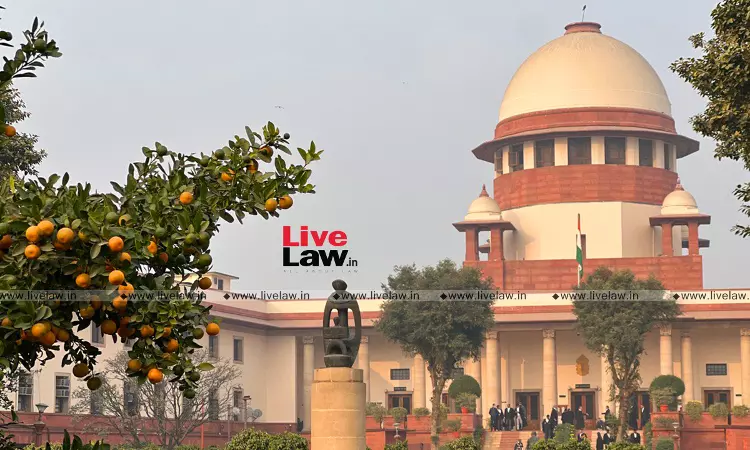Supreme Court Grants Pensionary Relief To Govt Servant Caught Up In Dispute Over Resignation
Rintu Mariam Biju
10 March 2023 9:30 PM IST

Next Story
10 March 2023 9:30 PM IST
The Supreme Court recently granted pensionary benefits to an auxiliary nurse working in service of Gujarat Government, who was embroiled in a long drawn litigation over a decision taken by her in 1993 to withdraw her resignation.The appellant, an auxiliary nurse midwife appointed by the district panchayat, Valsad had submitted her resignation on April 18, 1993, but withdrew it on November 23,...
